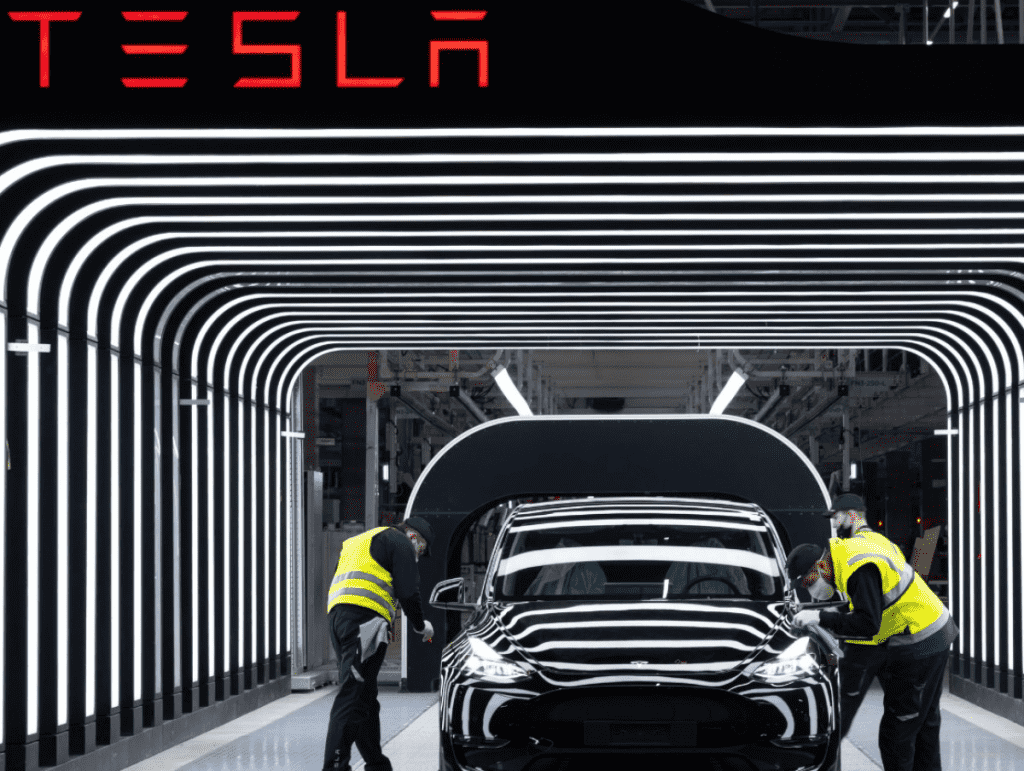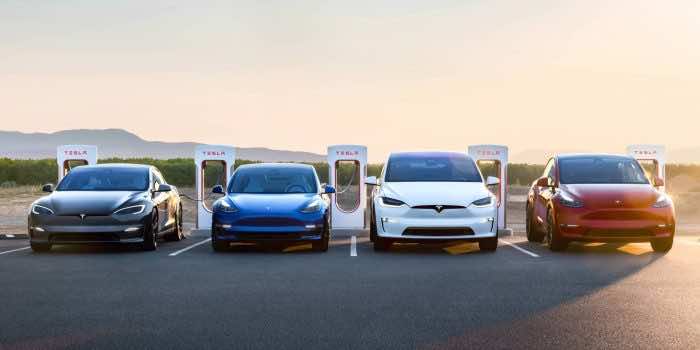Tesla has achieved a milestone by significantly increasing the production and deliveries of its vehicles in the third quarter of this year. It was reported by the company last Sunday that Tesla produced 365,923 vehicles in the third quarter of this year, which is comparatively greater than that produced in the previous year. It delivered 343,830 vehicles in the same period of time. It should be noted that these are the highest possible deliveries that Tesla has achieved, and hence, Tesla breaks its own record from last year’s deliveries.

Coupled with this, Tesla believes that it still couldn’t achieve the target of deliveries as they fall short of the actual numbers being projected. It planned to do about 360,000 deliveries in the third quarter of the year but has been able to deliver around 343,830 vehicles and which is still a huge amount. Tesla says that this might be due to some logistical problems that caused the shortage of the delivery of these vehicles and the cars in transit will soon be delivered.

Not to mention, the company delivered around 310,048 in the first quarter; 254,695 in the second quarter; and 241,300 in the third quarter of last year, and these numbers are definitely less than what has been achieved recently. On the other hand, if we talk about the production of these vehicles in the last year, Tesla produced around 305,407 in the first quarter; 258,580 in the second quarter; and 237,823 in the third quarter of last year. This shows that the production parameters have also increased this year as compared to the previous year.

To that end, the company issued a statement in a press release, in which it stated, “Historically, our delivery volumes have skewed towards the end of each quarter due to regional batch building of cars. As our production volumes continue to grow, it is becoming increasingly challenging to secure vehicle transportation capacity and at a reasonable cost during these peak logistics weeks.” Moreover, it should be taken into consideration that the Russia-Ukraine conflict has also affected Tesla by causing shortages and delays in its supply chain.


